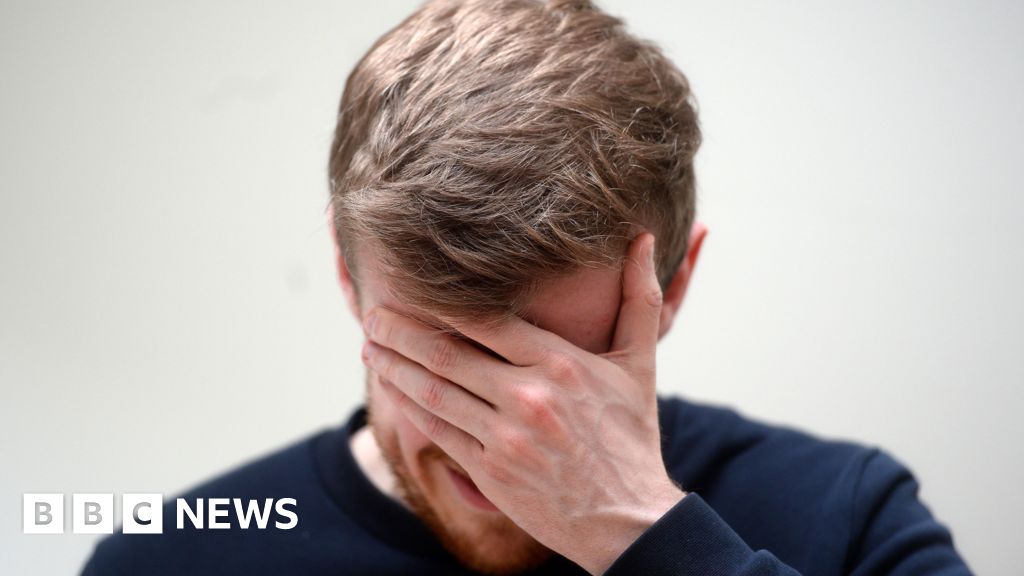
Greater Manchester has become the first parts of the UK to launch a plan dedicated to tackling gender-based violence against men and boys.
The plan will set out how the city region will deal with domestic abuse and sexual assault, while raising awareness of support services and expanding trauma management training for police and professionals.
It will also look at issues affecting victims of so called honour-based attacks and violence against gay, bisexual and trans men.
Duncan Craig OBE, founder of We Are Survivors, one of the strategy’s co-authors, said it was “crucial” to prioritise support for all victims.
What is the strategy?
The Greater Manchester Gender-Based Violence Strategy 2021-2031 aims to reduce gender-based violence against men and boys, encourage them to seek help and ensure accessible services are available.
It has been co-authored by David Gadd, a professor of Criminology at The University of Manchester, alongside the Greater Manchester Combined Authority, and partners and organisations across the city region.
Three key areas of focus are:
- Domestic violence and abuse, including familial abuse
- Rape, sexual assault and sexual abuse
- So called honour-based abuse and violence, including forced marriage.
It will see the creation of independent domestic violence advisors and establish a victims service coordinator role for therapeutic and advice services.
It will also extend the existing arrangement, in place across all 10 local authorities, to allow victims to be rehoused in suitable accommodation where needed.
Guidance for people who suffered abuse who go to show signs of a likelihood of committing sexual offences or causing harm themselves will also be included.
Why is it being brought in?
The plans were devised following a case in January 2020 which saw Britain’s most prolific rapist, Reynard Sinaga sentenced to a minimum of 30 years.
Sinaga committed 136 rapes, luring luring 48 men from outside Manchester clubs to his flat, where he drugged and assaulted them.
The case shone a spotlight on the considerable barriers men face in reporting experiences of victimisation.
According to GMCA, statistics show that in the year ending June 2024, Greater Manchester Police recorded 9,904 offences of rape and sexual assault, of which 1,836 (one in five) involved to male victims.
Their report states the average time taken by male victims to report sexual assault is four years and less than 4% of reports result in a charge.
Action Line: If you have been affected by issues in this story, find out what support is available here.
Who will it help?
Founders said the strategy will help men and young boys who are exposed to gender-based violence and encourage them to come forward.
Greater Manchester mayor Andy Burnham told Radio Manchester: “It is the case that men can find themselves in abusive relationships of various kinds and sometimes that issue doesn’t get the same air time.
“Our gender-based violence board is the first to give priority to the issue and we are proud of that.”
Why it is needed?
Mr Craig, of We Are Survivors and an abuse survivor himself, said victims face a range of barriers to reporting and seeking support, including “fear of disbelief, social ostracism, and lack of awareness about available help”.
“For male victims, there are additional challenges such as societal expectations about masculinity, fear of homophobic reactions, and concerns about the consequences of disclosure,” he added.
“Developing comprehensive support for male victims is essential, if we are to truly tackle gender-based violence.”

